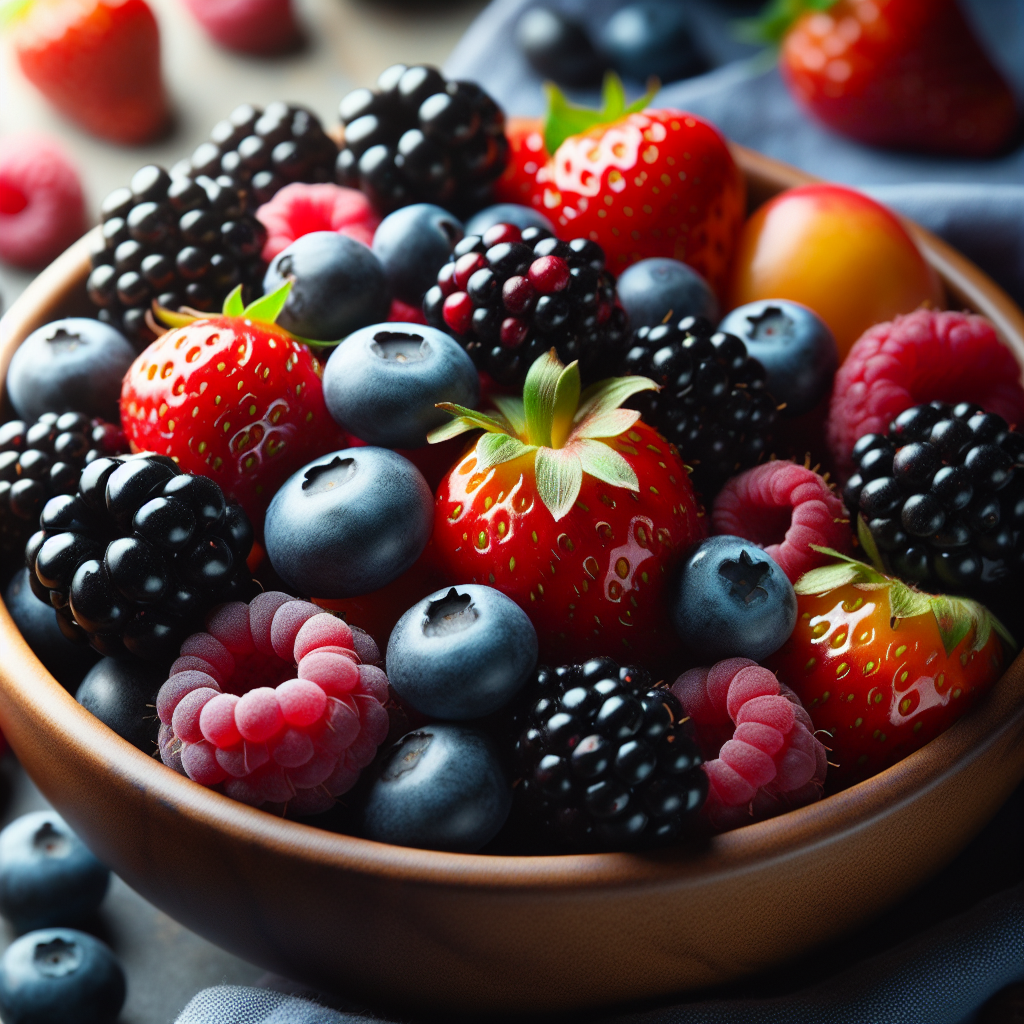Intermittent fasting has gained popularity as a way to support weight loss and improve overall health. But when it comes to what you can and cannot eat during this fasting window, there seems to be some confusion. In this article, we will provide you with a clear understanding of the foods you should avoid during intermittent fasting, helping you make informed choices and maximize the benefits of this dietary approach. So, let’s dive in and discover what foods may hinder your progress on the intermittent fasting journey.
What Foods Should You Avoid During Intermittent Fasting?
Sweetened beverages
When following an intermittent fasting regimen, it is essential to be mindful of what you drink during the fasting period. Sweetened beverages, such as soda, juice, and sweetened tea or coffee, are high in added sugars and offer little to no nutritional value. These beverages can cause spikes in blood sugar levels, potentially breaking your fast. Opt for unsweetened alternatives, such as plain water, black coffee, or herbal tea, to stay hydrated and support your fasting goals.
Processed snacks
Processed snacks like chips, candies, and cookies may be tempting to indulge in during intermittent fasting, but they can derail your progress. These snacks are typically high in calories, unhealthy fats, added sugars, and refined grains. Consuming them can lead to blood sugar imbalances and hinder your fasting efforts. Instead, choose healthier options like nuts, seeds, or fresh fruits and vegetables to satisfy your cravings while nourishing your body.
High-sugar fruits
While fruits are generally considered healthy, some high-sugar fruits should be limited or avoided during intermittent fasting. Bananas, grapes, and mangoes are examples of fruits that are naturally high in sugar. Although they provide essential nutrients, consuming them in excess can raise blood sugar levels and potentially disrupt your fasting state. Opt for lower-sugar fruits like berries or citrus fruits, which offer similar nutrients without compromising your fasting goals.
Refined grains
Refined grains such as white bread, white rice, and pasta should be avoided during intermittent fasting. These grains undergo extensive processing, stripping them of their natural fiber and nutrients. When consumed, they can cause rapid spikes in blood sugar levels, leading to crashes and hunger pangs later on. To maintain stable blood sugar levels and support your fasting journey, choose whole grains like quinoa, brown rice, or whole wheat bread instead.
Added sugars
Added sugars, such as table sugar, honey, and agave syrup, should be limited or avoided altogether during intermittent fasting. These sugars provide empty calories and can lead to blood sugar fluctuations, potentially disrupting your fasting state. It’s best to choose natural sweeteners sparingly, such as stevia or monk fruit, if you need to add sweetness to your foods or beverages while intermittent fasting.
Dairy products
While dairy products like milk, yogurt, and ice cream can be part of a balanced diet, they might not align with your intermittent fasting goals. These products contain lactose, a natural sugar that can trigger insulin release and potentially break your fast. If you prefer dairy alternatives, consider unsweetened plant-based options like almond milk or coconut yogurt, which offer fewer calories and have a lower impact on blood sugar levels.
Fried foods
Fried foods such as French fries, fried chicken, and onion rings are high in unhealthy fats and calories. These foods can be hard to digest and cause inflammation in the body, making them less than ideal for intermittent fasting. The deep-frying process can also lead to the formation of harmful compounds. Instead, choose healthier cooking methods such as baking, grilling, or steaming to enjoy your meals while maintaining your fasting goals.
Alcohol
Alcoholic beverages, including beer, wine, and cocktails, should be avoided or consumed in moderation during intermittent fasting. Alcohol contains calories and can interfere with your fasting state, as it is metabolized differently than other nutrients. Additionally, alcohol can impair judgment and lead to mindless eating or overconsumption of unhealthy foods. If you choose to have alcohol, opt for lower-calorie options like light beer or dry wine and be mindful of your intake.
Highly processed meats
Highly processed meats like hot dogs, bacon, and sausages are often loaded with unhealthy additives, preservatives, and excessive sodium. These meats can contribute to inflammation and disrupt your fasting goals. Instead, choose lean protein sources like chicken breast, turkey, or tofu, which offer essential nutrients without the detrimental effects of heavily processed meats.
Sugary desserts
Indulging in sugary desserts like cake, ice cream, or pudding can be tempting, but they are best avoided during intermittent fasting. These desserts are typically high in added sugars, unhealthy fats, and refined grains, which can spike blood sugar levels and trigger cravings. If you’re craving something sweet, opt for healthier alternatives like fresh fruit, a small piece of dark chocolate, or homemade desserts using natural sweeteners in moderation.
In conclusion, during your intermittent fasting journey, be mindful of the foods to avoid. Steer clear of sweetened beverages, processed snacks, high-sugar fruits, refined grains, added sugars, dairy products, fried foods, alcohol, highly processed meats, and sugary desserts. By making conscious choices and opting for nourishing, whole foods, you can support your fasting goals and create a healthier lifestyle. Remember, intermittent fasting is not just about what you eat; it’s about nourishing your body and making sustainable choices that benefit your overall well-being. Good luck on your journey!




Leave a Reply